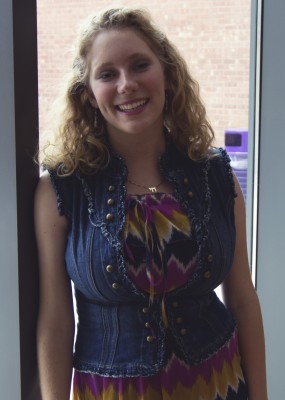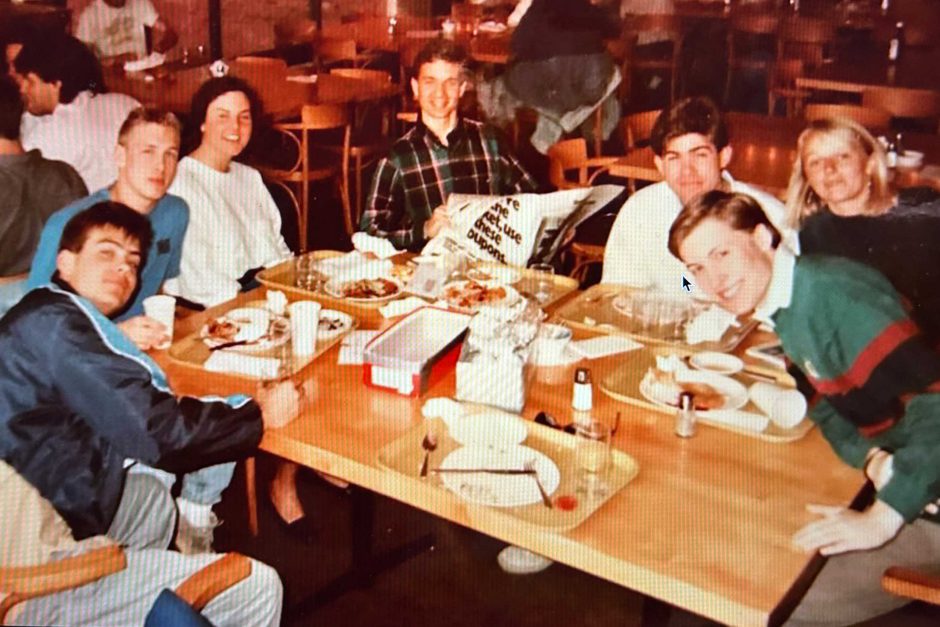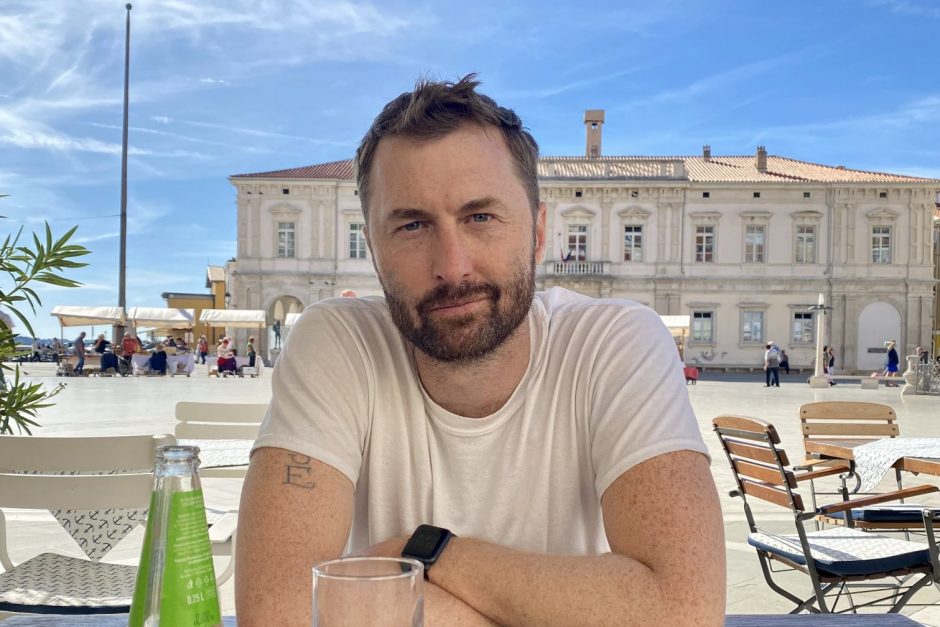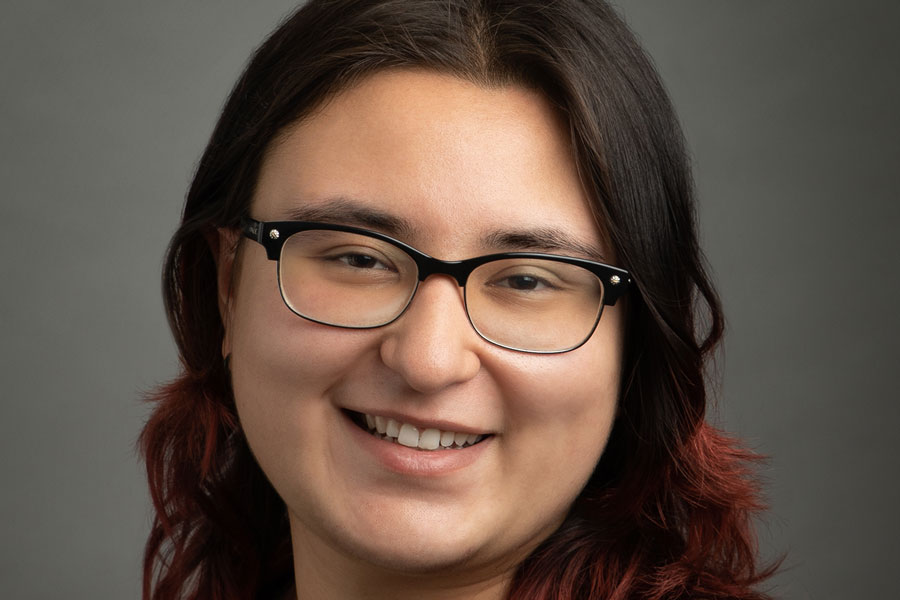Cornell Fellowship set the path for independence
Caryn Shebowich ’15 is from Centennial, Colorado. She is pursuing an individualized B.A. in psychological well-being in the arts with a minor in chemistry. She has been involved in Student Senate, Slick Shoes, Lunch Buddies, Hillel, theatre productions, and served as a Peer Advocate, Hall Council Advisor, Civic Ambassador, and Alternative Spring Break leader. Her current adventure is an internship at The Institute for Therapy through the Arts in Evanston, Illinois, a nonprofit where she is exploring drama therapy in the nonprofit sector as a potential career. Her next adventure will be leading Cornell’s first Alternative Winter Break trip to Guatemala in January.

After returning to campus from a life-changing Alternative Spring Break trip to Austin, Texas, I realized I had fallen in love with the city and with Project Transitions, a nonprofit transitional housing/hospice program for people living with HIV/AIDS, and our community partner. I had to go back. I called the organization, designed an internship, and applied for a Cornell Fellowship, the competitive program that provides financial support for an eight-week internship experience. I was awarded a fellowship, and I set off for Austin two months later.
My internship with Project Transitions was my first exposure to the professional world, where I served as a junior housing case manager and programs/development intern. In my previous work with nonprofit organizations—serving on the board of directors for one, philanthropy board for another, and volunteering behind the scenes for others—I found the energy and pace of the nonprofit world intoxicating. Everyone was busy and cared deeply about the mission of the organization. This was a peripheral taste of that energy; during my fellowship, I was surrounded by it daily. I loved the idealistic, altruistic, slightly overworked-but-exhausted-in-a-good-way mentality that pervaded Project Transitions and echoed the culture of the organizations I had previously served. My fellowship confirmed that nonprofit work was the career path where I can be immersed and thrive in that energy.
Along the way, I also discovered my love of social work. Case managing, one among the variety of capacities in which I served Project Transitions, allowed me to discover my passion for direct client work. After graduation, I plan to pursue a career in the nonprofit sector working with marginalized populations.
My fellowship was key in that decision. Total immersion and structured reflection, both critical parts of the Cornell Fellows program, allowed me to understand, process, and articulate everything I learned last summer. I was able to fully appreciate my experience both within and outside the workplace. For me, the Cornell Fellows program was about understanding how intimately professional and personal development are related. I gained skills, clarity in career path, passion for a new place, unprecedented insight into my own privilege, and confidence that I can successfully live on my own after college.
On one of my last nights in Austin, I stepped up to the mic at the local poetry slam. I looked out to see 20 of my new Texan friends who had come to support me that night. I knew then that, after living independently for a full summer, I had built a community and city I could call a second family and second home.
In thriving Austin, my Cornell Fellows experience had been chock-full of professional and personal growth. The technical skills I gained were valuable, but more important was the understanding of intangible faculties like facilitation style, professionalism, self-care, and that there is no “right way” to be professional. The rest of my life, I will hearken back to my Cornell Fellowship as a foundational step in my career path. Besides, living in Austin was a REALLY good time.



